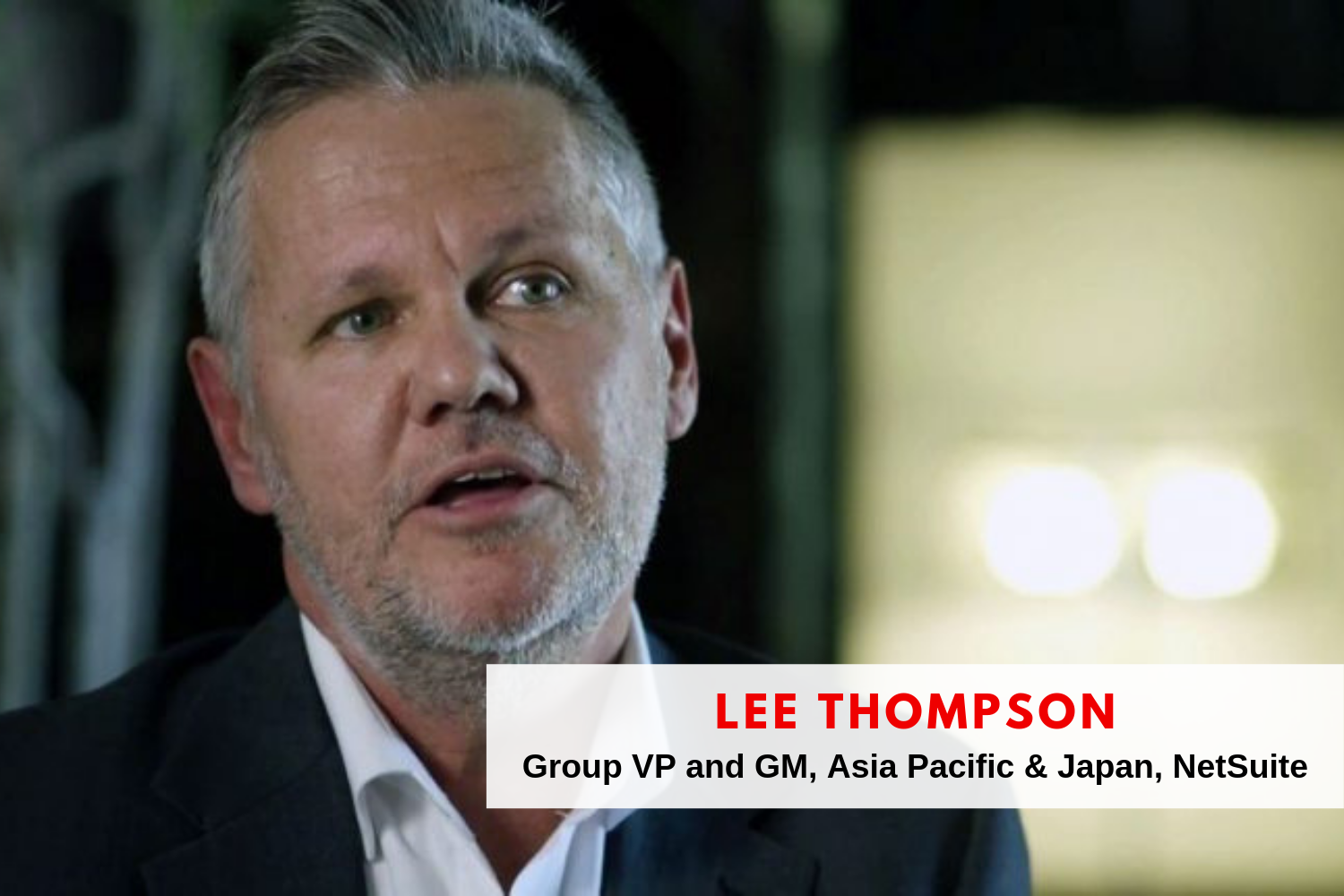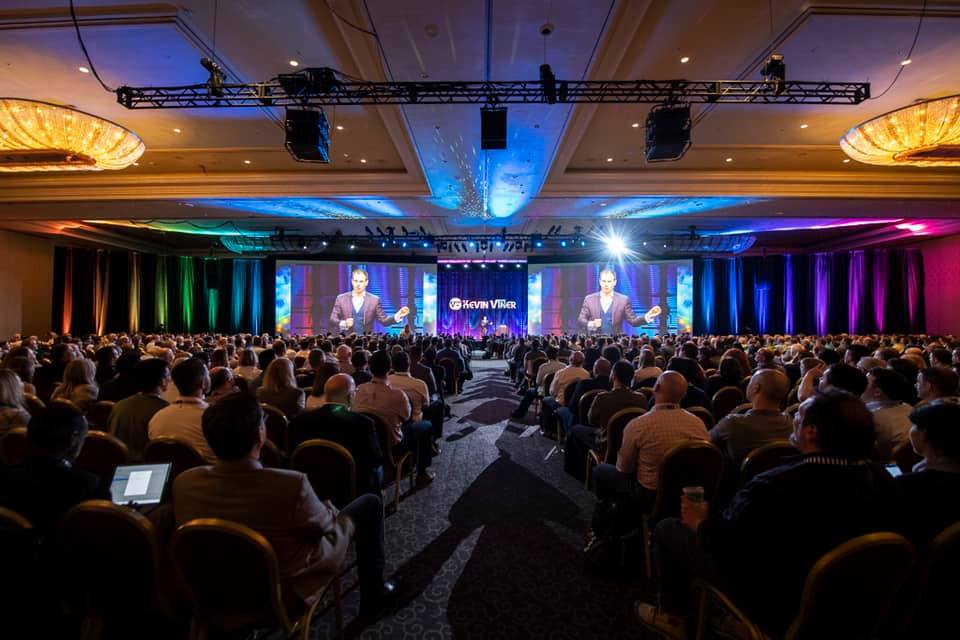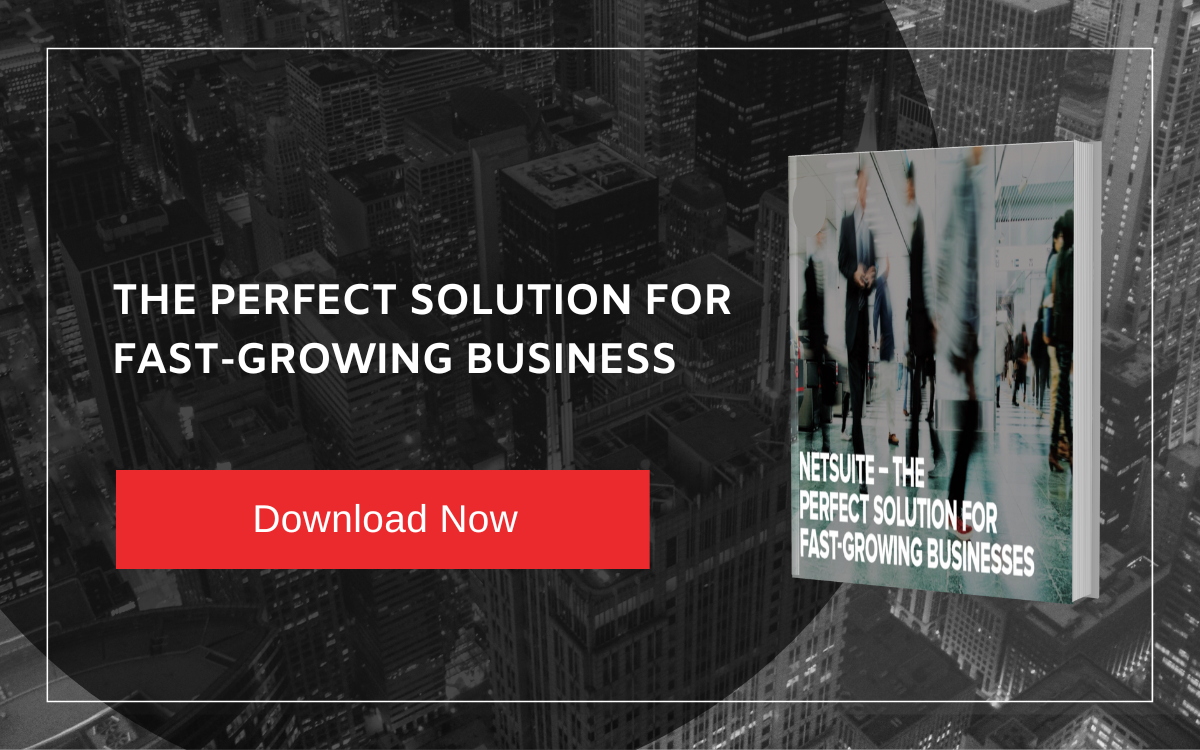Some months ago, the NetSuite folks at Oracle started ‘The NetSuite Podcast’. It’s a bi-weekly series worth listening to if you’re considering (or are already using) NetSuite for your organisation.
The podcasts give insights into what Oracle’s doing with NetSuite, why they’re doing it, and where they’re heading to with the product in the future.
They also talk about:
- High-level details about their software, and the key people behind NetSuite
- NetSuite customer growth and success stories
- Real advice from businesses for business leaders
In this latest episode, NetSuite covers their JAPAC expansion strategy. Lee Thompson, NetSuite’s Group Vice President and General Manager of JAPAC, dives into the whats, the whys, and the wheres and how it affects their customers.

Source: Express Computer
Now if your organisation is based within this region, it might be worth spending half an hour tuning in to what Lee has to say.
(I did, since we’re a Singapore-based NetSuite provider with 500+ enterprise resource planning (ERP) customers across the region)
But if you’re short on time, here’s a summary of the podcast’s main points, and some additional information on Oracle-NetSuite below:
Oracle-NetSuite ERP's Presence In JAPAC: Background

NetSuite Inc, the company behind the popular Cloud ERP NetSuite, was acquired by Oracle for over US$9 billion. The tech giant positions NetSuite as their true Cloud ERP solution for small and medium-sized enterprises (SMEs).
Since then, NetSuite has benefited from being part of Oracle’s US$5 billion ongoing R&D spend. The business unit steadily grew its customer base to over 16,000 organisations and boasted a strong presence in North America.
But JAPAC proved a challenge. In 2015, Oracle-NetSuite had less than 30 representatives handling Asia-Pacific and Japan out of a single hub in Sydney, Australia.
Their Australian team faced many native and non-native issues. Top on the list were cultural awareness and cultural sensitivity problems. JAPAC’s sheer geographical vastness also presented coordination and logistical problems e.g. a five-and-a-half-hour time difference between New Zealand and India.
“We made the decision that we really needed to focus,” says Lee, as he described the moment when Oracle made the commitment to make NetSuite work for businesses in JAPAC.
“Australia was the centre of the universe in 2015. But when you're covering such a diverse region, there are many different cultures with different expectations. And I don't think we did a good job of empathising with each of those cultures.
We were scrappy, and our success depended or predicated on the individual’s capability. What we really had to do build out a machine or an organization that had the ability to scale.”
Oracle NetSuite’s JAPAC Expansion Strategy
It was only until Oracle hired Lee in 2015 that NetSuite’s commitment to JAPAC-based organisations took a positive turn upwards.
Lee, together with Oracle’s leadership support (according to Lee, they’re highly supportive of NetSuite’s culture and go-to-market strategy), changed their JAPAC strategy in several ways:
1. Implement Global Best Practices Through Local NetSuite Solution Hubs

Lee’s team built their new plans around the region’s cultural diversity, and by empathising with the unique cultural expectations of each market.
Apart from their Australian hub, NetSuite established new central hubs to cater to each key area — Sydney, Singapore, Tokyo, Shanghai and Bangalore.
“We established Singapore as the regional hub for Asia, and Tokyo as the hub for Japan. We gave them more authority and autonomy so that they could take our global best practices but implement appropriate local solutions for the customers,” says Lee.
Today, Oracle NetSuite has grown from one small central hub in Australia to five major hubs and several data centres across the JAPAC region.
2. Consistent Cross-Culture Leadership and Communication
NetSuite also provided consistent strategic directions for JAPAC from the top. This, Lee explained, had to be implemented with clarity, consistency and two-way communication.
“Catering our business to all of (JAPAC’s) cultures, with different people and employees was extremely difficult. A lot of it was about the leadership,” says Lee, adding that authenticity was also key in effecting change e.g. hiring employees capable of empathising with various cultures.
For example, Oracle NetSuite quickly realised Japan is a very channel-centric market. In Japan, prospects strongly prefer partner relationships, especially those based in remote locations. They also highly value partner capability and expect the same quality customer experience they might get from Oracle’s North American HQ.
Oracle NetSuite paid attention. The tech giant made a substantial investment in their Japanese implementation partners, to empower them to act and behave as extensions of the NetSuite brand.
What NetSuite’s JAPAC Strategy Means to Your Business
.jpg?width=5184&name=timon-studler-63413-unsplash%20(1).jpg)
So what does this mean for NetSuite customers both in JAPAC and across the globe?
Lee believes their focus and culture-centric strategy brings more opportunities for innovation – both for NetSuite and their customers.
According to him, there are three kinds of NetSuite adopters in the region:
- small companies that are growing rapidly
- companies that are currently or planning to sell to other markets or regions
- companies with regional subsidiaries and need a reliable technology that unifies their subsidiaries on a single platform.
These benefit from NetSuite’s renewed focus on delivering the same experience they might get from HQ, through implementation partners and employees attuned to local needs and sensitivities.
Smaller midsized local businesses also gain from innovative upgrades that are ‘pushed’ for by larger organisations, including those within the same region.
That, Lee believes, is the power of Cloud computing and software-as-a-service. Any innovative features added to NetSuite will be automatically shared with all other customers using the service.
“If we’ve a large (local) corporation that pushes us to innovate to meet its complexity requirements or transaction volumes, once we innovate for that one organisation we end up innovating for all 16,000 customers,” explains Lee.
“That is the power of any innovation that's done in North America, and likewise JAPAC as well.”
Brighter Future for Netsuite ERP Ahead

SuiteWorld 2019. Source: NetSuite Facebook page
Lee’s plans seem to have paid off. His efforts to remove distractions and focus on delivering customer value through culturally-attuned partners and employees have seen glowing returns across JAPAC.
In Australia, NetSuite has been signing up a new customer every business day, while over in Singapore, the Cloud ERP software enjoys a reputation of being ‘Singapore’s #1 Cloud Business Software Suite’.
Countries like India and Japan have also seen fast-growing organisations move away from local accounting systems (e.g. Tally from India) to embrace NetSuite for its true Cloud integrated functionalities.
“At the end of the day, C-Level executives just want to know that you're serious and committed about their success,” says Lee. “That’s when I look them in the eye and I go ‘We'll make sure you're OK; we've got 16,000 over organisations that we’ve looked after’… That is the value of a being a corporation has been around for 20 years, and whose DNA is Cloud computing.”
To learn more about how NetSuite helps fast-growing businesses, download the free brochure guide below today.




